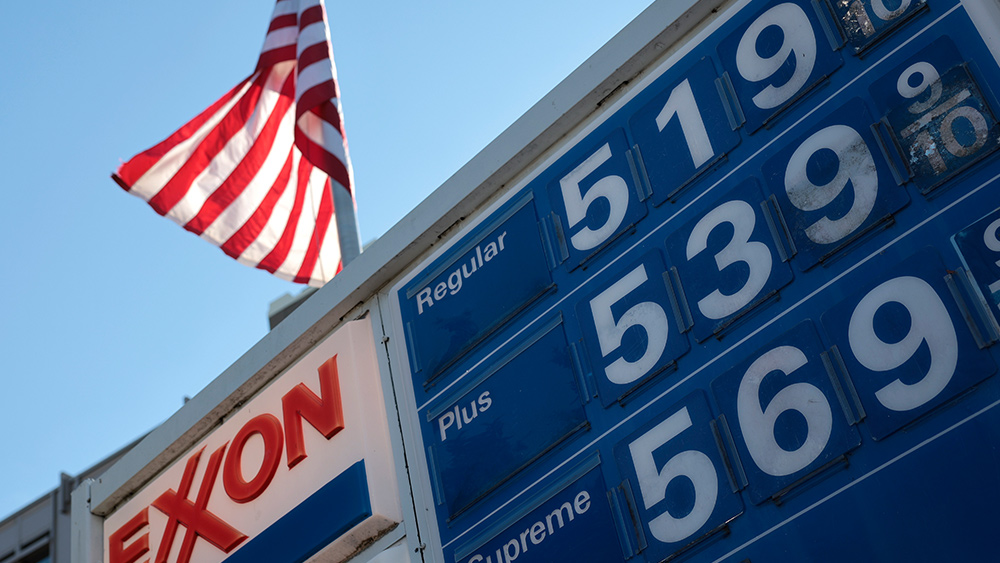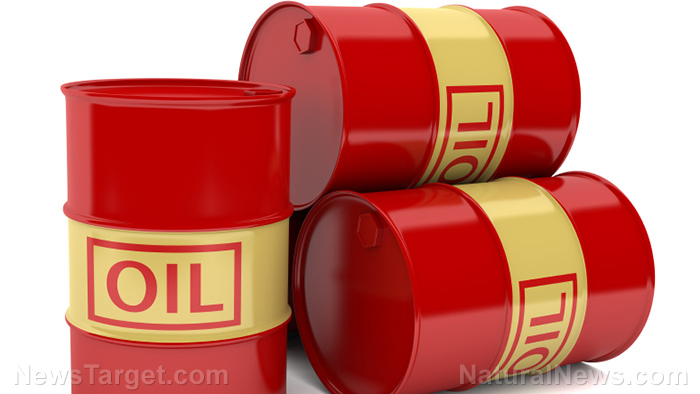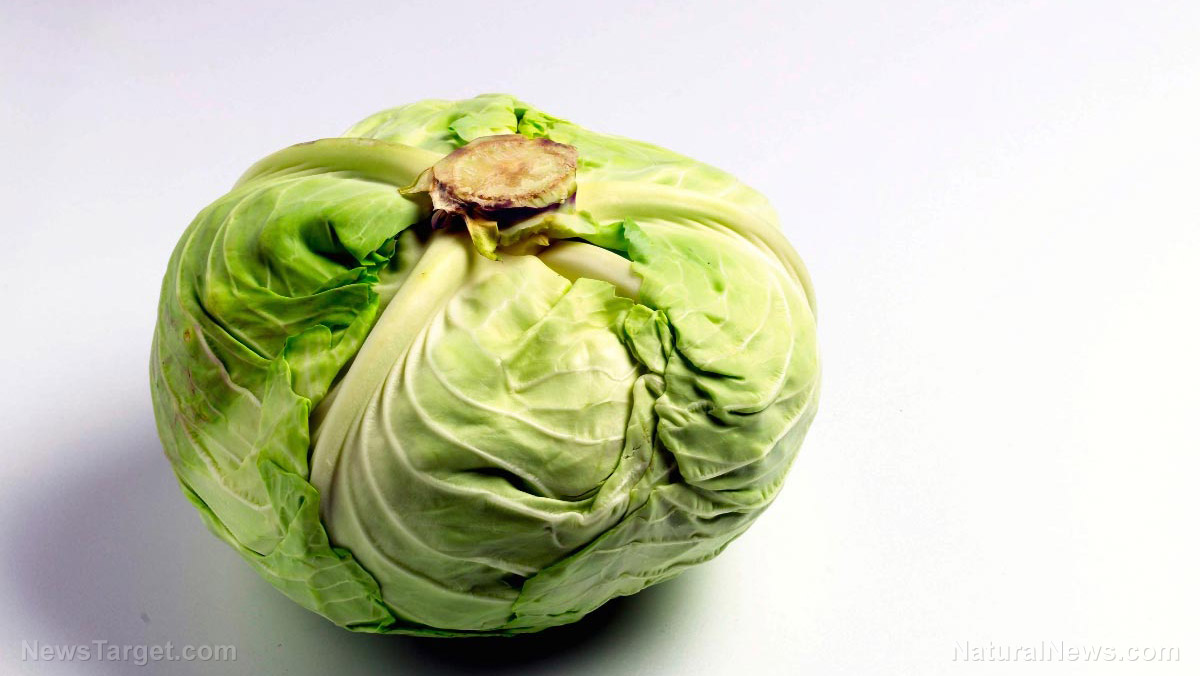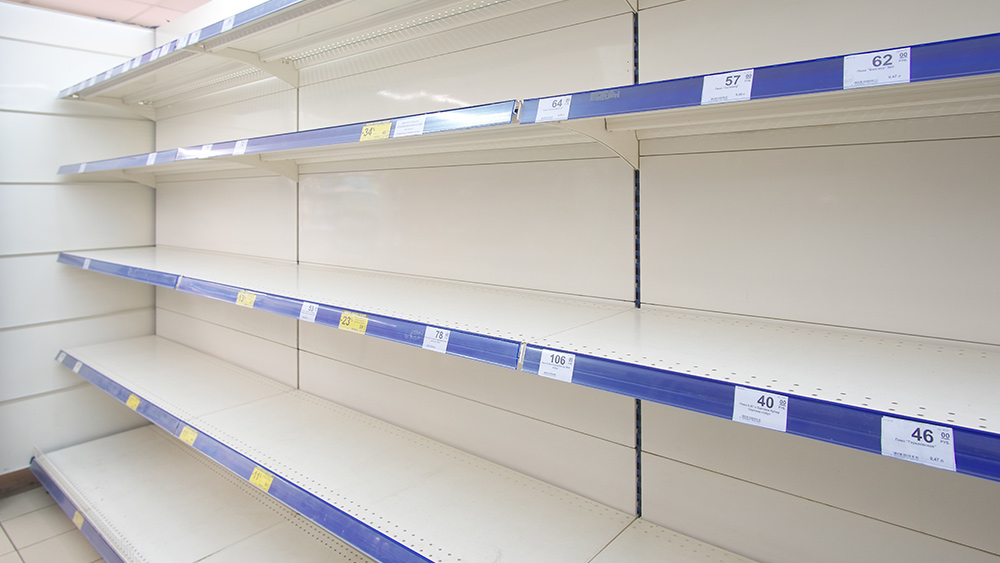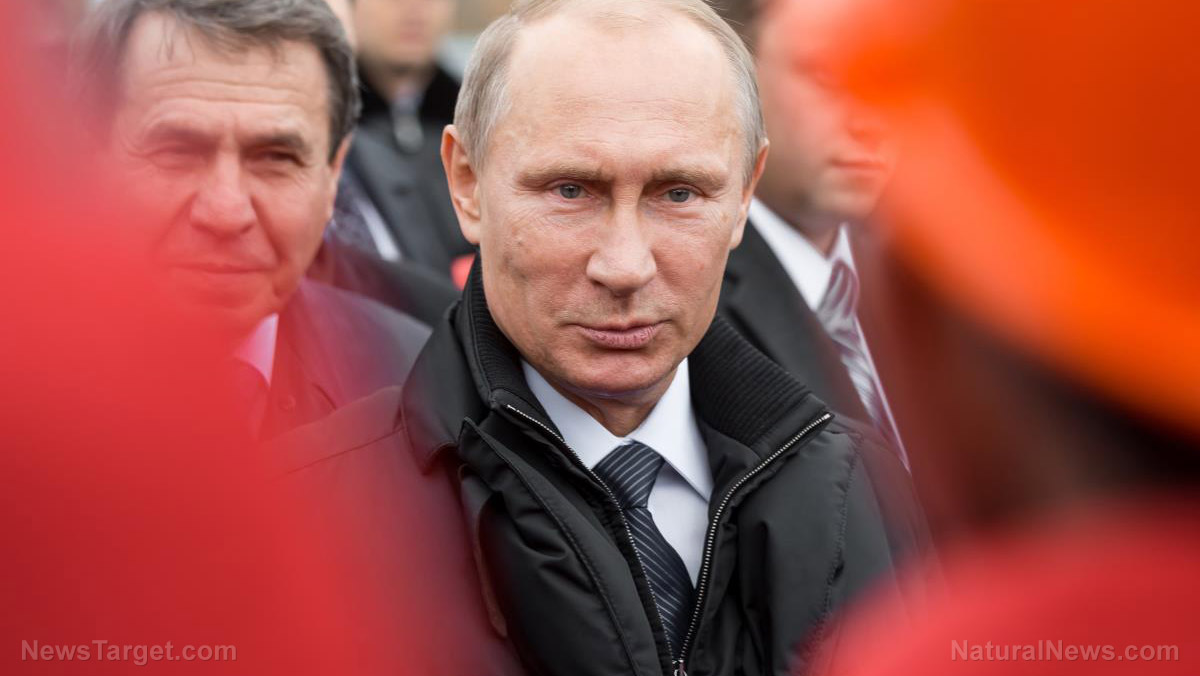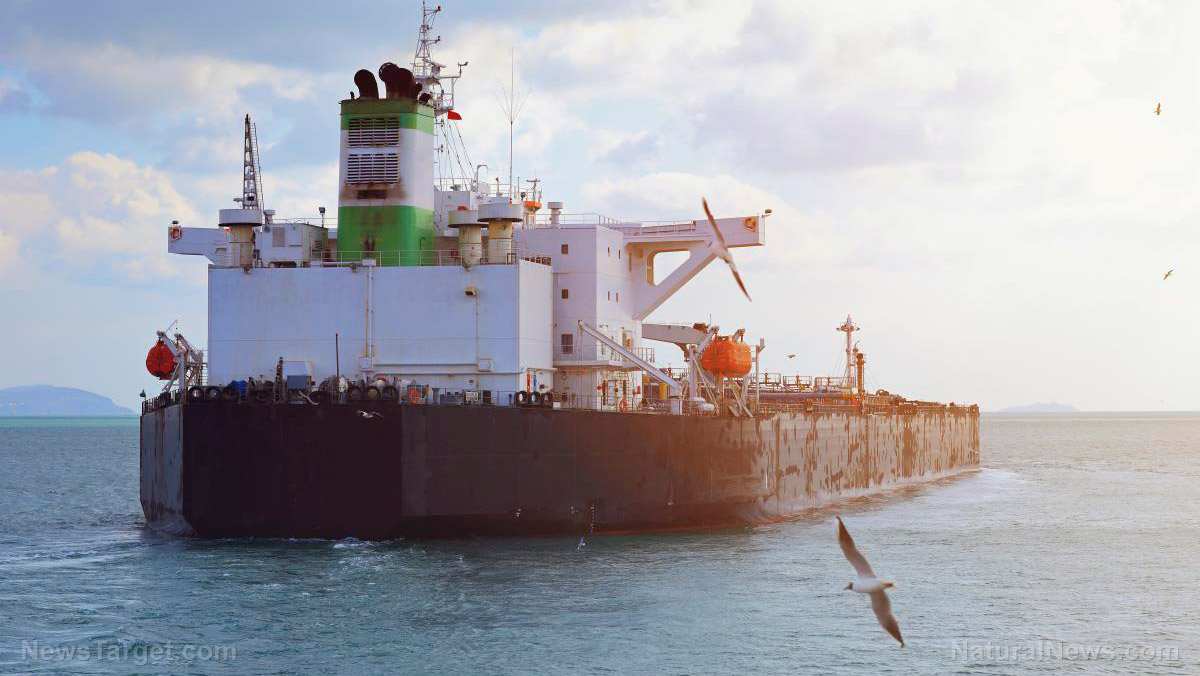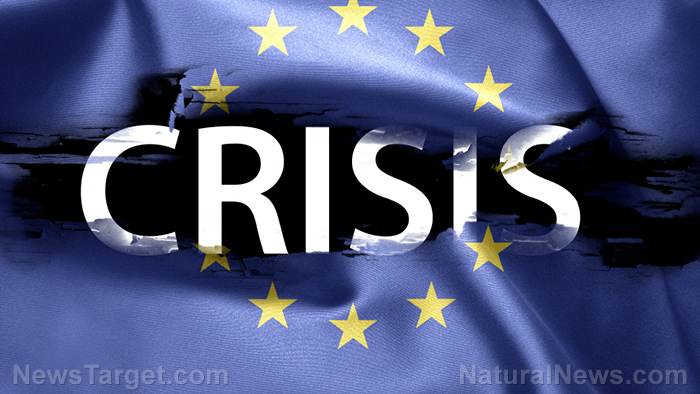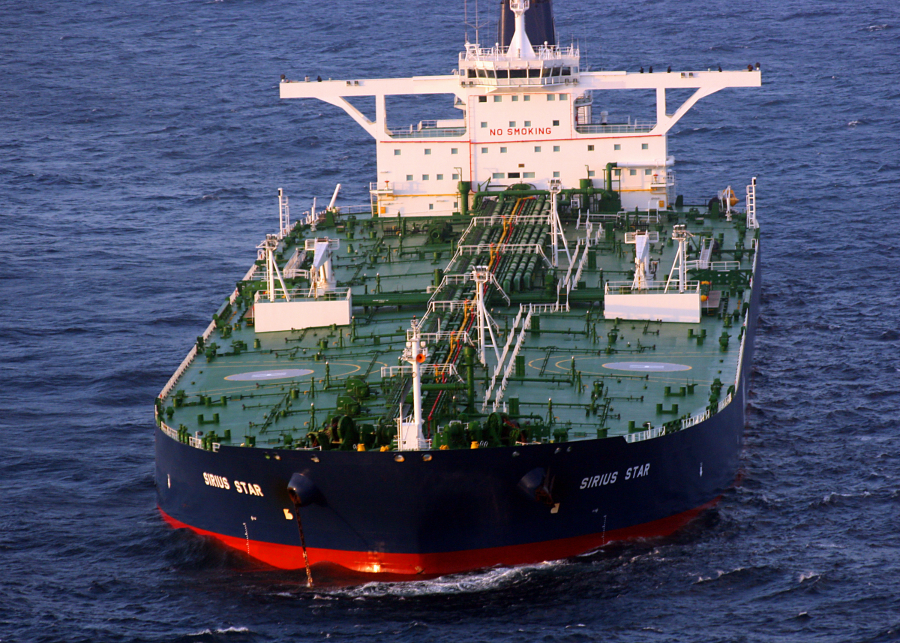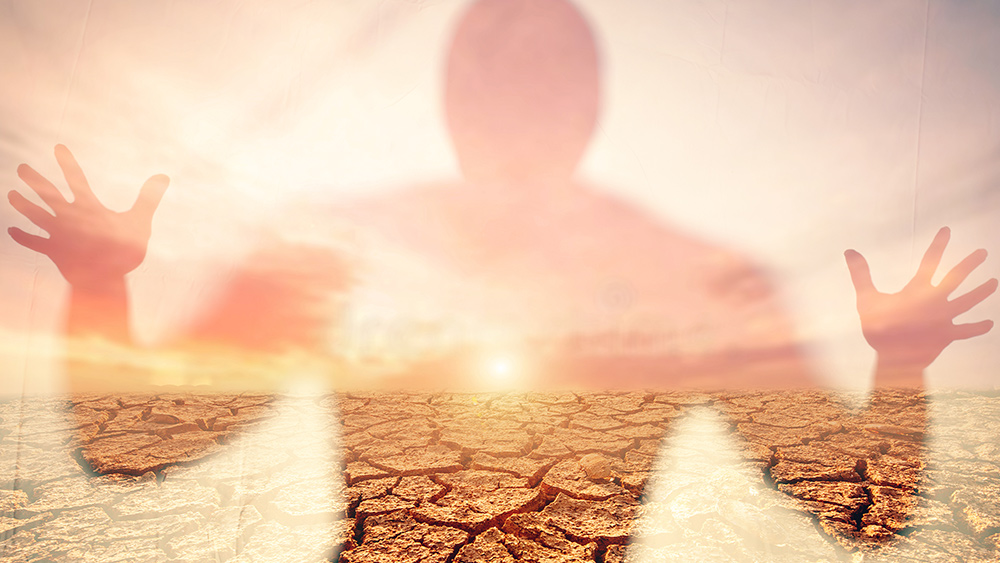Ukraine is considered the “breadbasket of Europe,” and the war has cut off exports of wheat, corn and more
03/03/2022 / By Ethan Huff
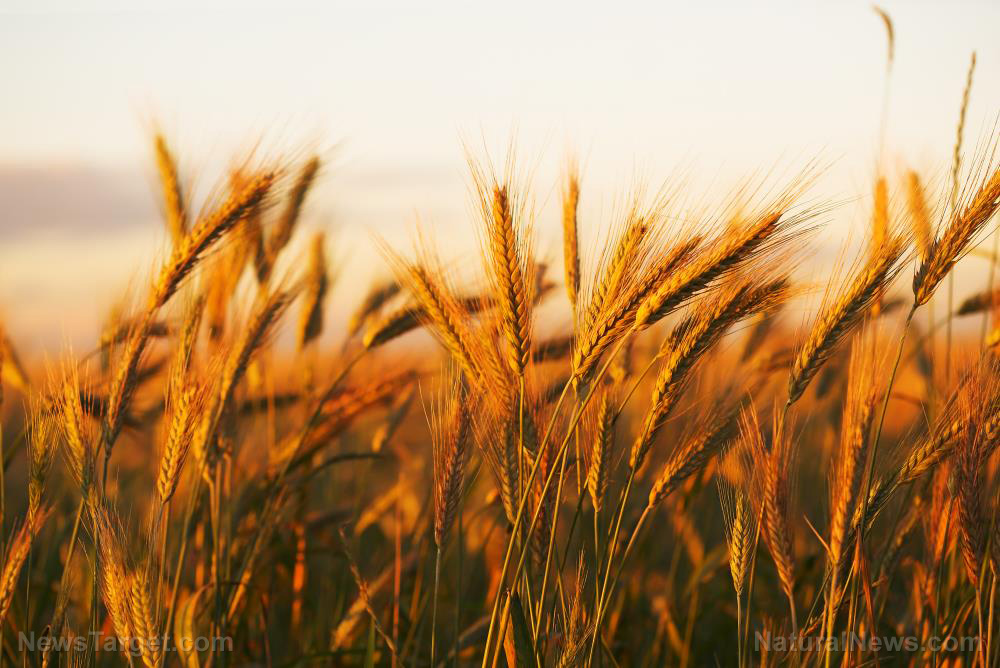
A large percentage of the world’s wheat, corn and other grains is produced in Russia and Ukraine. And sources warn that because exports are now being cut off due to the war, food shortages are soon on the way.
Ukraine is widely known as the “breadbasket of Europe” due to its rich, dark and fertile soil. The country boasts vast wheat fields and other farm goods that are exported all across Europe and around the world.
According to Bloomberg, more than one-quarter of the world’s wheat trade comes out of Ukraine and Russia. The two countries, in other words, are absolutely vital to the global food supply.
About 20 percent of the world’s corn and 12 percent of all calories traded globally also come from Russia and Ukraine.
Until the conflict ends, Ukrainian ports will remain closed. This, sources say, is due to inadequate maritime security for commercial ships.
“This means all shipments of farm goods from Ukraine have ceased, and commodity traders will have to search elsewhere,” reports explain.
The Russia-Ukraine crisis could be the catalyst that collapses the global food supply
The corporate-controlled media is, of course, blaming Russia and Vladimir Putin for this aggression. But as we reported, the situation is much more complex and nuanced than that.
The military-industrial complex wants everyone to hate Putin, but it appears as though he may not be the bad guy. Even so, the repercussions of the world’s response to the invasion are having a ripple effect across the global economy.
“If the conflict is prolonged – three months, four months from now – I feel the consequences could be really serious,” warns Andree Defois, president of the consultant group Strategie Grains. “Wheat will need to be rationed.”
At a time when food prices are already soaring due to runaway inflation, Wall Street corruption, and other factors that have been brewing for decades, this is the worst possible time for another potential world war to unfold.
“I’m not going to put a lid on what might happen, (but) we could easily be looking at record prices,” says Arlan Suderman, chief commodities economist at StoneX.
Michael Magdovitz, a senior analyst at Rabobank, further revealed that Ukraine and Russia have both increased harvests and exports over the last decade at a far lower cost than Western farmers. This has helped keep wheat prices low.
The situation is changing, though, as the Russian invasion coincided with wheat futures trading in Chicago to a six-year high.
“The chain of product creation, from cultivation to port shipments, is paralyzed,” a Kyiv-based researcher from UkrAgroConsult warns about the escalating situation.
Earlier in the month, Goldman Sachs’ Global Head of Commodities Research Jeffrey Currie told Bloomberg TV that he has never seen commodity markets pricing in the shortages that are now occurring.
“I’ve been doing this for 30 years and I’ve never seen markets like this, he is quoted as saying. “This is a molecule crisis. We’re out of everything, I don’t care if it’s oil, gas, coal, copper, aluminum, you name it we’re out of it.”
The timing of all this is highly suspect, coming right on the heels of a sudden call-off of the Wuhan coronavirus (Covid-19) “vaccine” and mask mandates. Are we currently witnessing “part two” of the global plandemic?
“Poison jabs, war, and starvation are all part of the global depopulation program,” wrote someone at Zero Hedge.
“This is perhaps the biggest concern outside of energy (that could quickly be remedied by coal),” responded someone else. “Seriously, you can’t print food.”
“Perfect: less food, more inflation,” lamented another. “Go globalist warmongers (sarcasm).”
More related news can be found at Collapse.news.
Sources for this article include:
Submit a correction >>
Tagged Under:
breadbasket, collapse, Europe, exports, food, Plandemic, Putin, Russia, starvation, supply chain, Ukraine, Zelenskyy
This article may contain statements that reflect the opinion of the author
RECENT NEWS & ARTICLES
SupplyChainWarning.com is a fact-based public education website published by SupplyChainWarning.com Features, LLC.
All content copyright © 2021 by SupplyChainWarning.com Features, LLC.
Contact Us with Tips or Corrections
All trademarks, registered trademarks and servicemarks mentioned on this site are the property of their respective owners.

